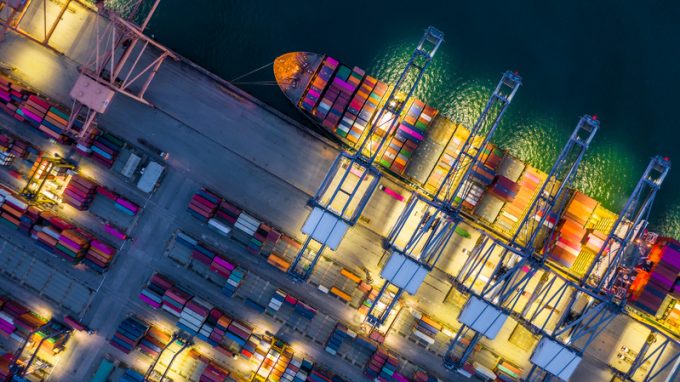China's gaze now on Central Asia – at the expense of Russian railfreight
Russian Railways’ diminishing volumes have coincided with further efforts by the Chinese to develop alternative ...

Port digitalisation and collaboration beyond the terminal gate has been “supercharged” by the Covid crisis.
According to Jonathan Beard, infrastructure advisory partner at Ernst & Young, the move to digitalise port ecosystems, and not just terminal automation within the port, is now a top priority.
“Terminal operators have always been very aware their performance is heavily dependent on things that take place outside the gate,” he said during the Seatrade Maritime Middle East event.
“But now we’re seeing more and more locations where ...
Amazon pushes into LTL for small package fulfilment and UPS does a u-turn
New senior management for DSV as it readies for DB Schenker takeover
Volumes set to 'fall off a cliff' as US firms hit the brakes on sourcing and bookings
Asian exporters scramble for ships and boxes to beat 90-day tariff pause
Temporary tariff relief brings on early transpacific peak season
'Tariff madness' will prompt renegotiation of ocean shipping contracts
Response to tariffs by Chinese importers may see extra costs for US shippers
Forwarders 'allowing the fox into the chicken run' by supporting 'hungry' carriers

Comment on this article